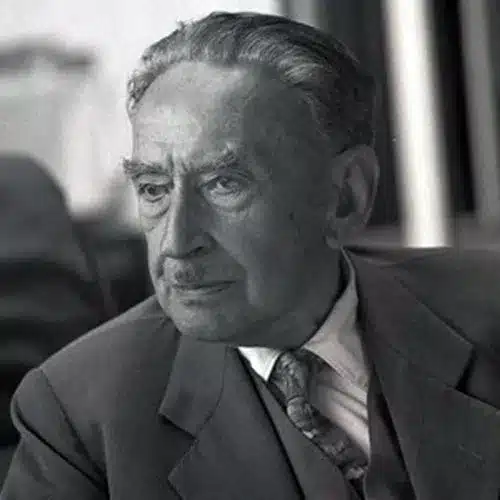Hans von Euler-Chelpin: Illuminating the Pathways of Biochemistry

Hans von Euler Chelpin (15 February 1873 – 6 November 1964) was a German-born Swedish biochemist. He won the Nobel Prize in Chemistry in 1929 for his work on the fermentation of sugar and the role of enzymes in this process.
Life and Career
He was born on 15 February 1873, in Augsburg, German Empire. He studied chemistry under Emil Fischer and A Rosenheim, and physics under E Warburg and Max Planck at the University of Berlin, where he got his Ph.D. in 1895.
He worked with Walther Nernst and became an assistant to Svante Arrhenius at Stockholm’s Royal Institute of Technology in 1897.
In 1899, Euler-Chelpin was appointed Privatdozent at the Royal University in Stockholm where he visited van ‘t Hoff’s laboratory, one of the many influences on Euler-Chelpin’s interest in science.
In 1900, he joined the University of Stockholm. In 1906, he became a professor of general and inorganic chemistry at the University of Stockholm, and in 1929, he became director of the new biochemical institute. He retired from teaching in 1941 but kept doing research.
He died on 6 November 1964 in Stockholm, Sweden.
Major Works
When Euler-Chelpin studied enzymes, he discovered that when enzymes act on another substance, called a substrate, an acid, and an alkaline group bond together chemically. He studied coenzymes, which act with enzymes and are essential to their action. His work on zymase, an enzyme in yeast, involved isolating co-zymase and figuring out its chemical structure. Euler-Chelpin determined the chemical structure of several vitamins.
Award and Legacy
He and Arthur Harden won the Nobel Prize for chemistry in 1929 for their research on fermentation. Euler-Chelpin’s research has big implications for medicine and nutrition.
Observer Voice is the one stop site for National, International news, Sports, Editor’s Choice, Art/culture contents, Quotes and much more. We also cover historical contents. Historical contents includes World History, Indian History, and what happened today. The website also covers Entertainment across the India and World.

